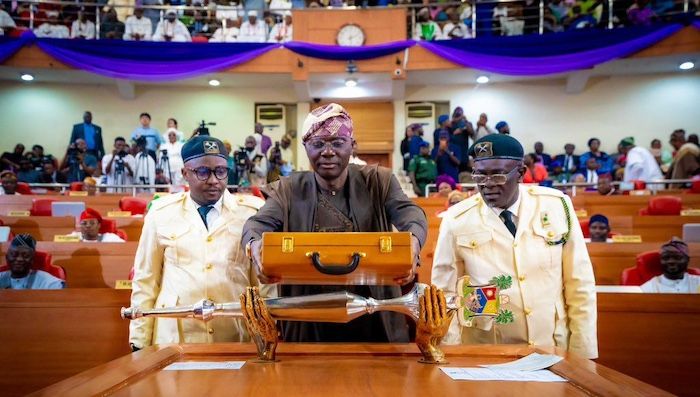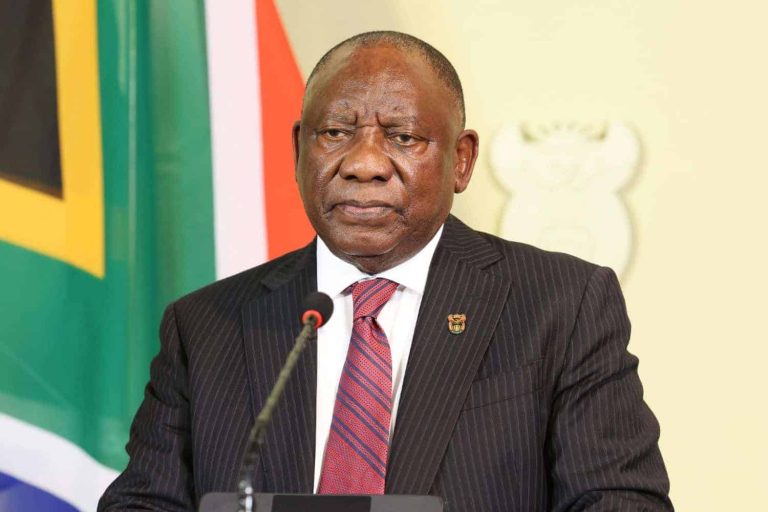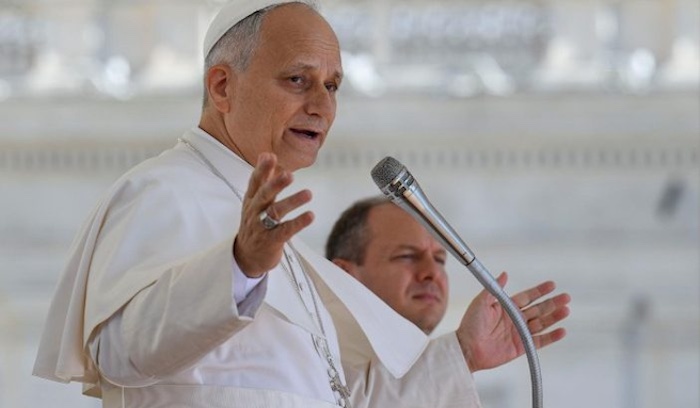
Governor outlines priorities in education, healthcare, infrastructure, security, and economic growth ahead of final year in office….
Lagos State Governor Babajide Sanwo-Olu on Tuesday presented a N4.237 trillion budget proposal for 2026 before the State House of Assembly. The budget, tagged “The Budget of Shared Prosperity,” has a total revenue estimate of N3.993 trillion and a planned deficit financing of N243.332 billion.
The governor said the budget is aimed at building a Lagos that works for everyone, safe, secure, and inclusive. The proposed Internally Generated Revenue (IGR) is N3.119 trillion, with expected federal transfers of N874 billion.
The budget allocates N2.185 trillion to capital expenditure and N2.052 trillion to recurrent expenditure, covering overhead costs, personnel, and debt service. Key sectoral allocations include:
- General Public Services: N847.472bn
- Public Order & Safety: N147.040bn
- Economic Affairs: N1.372trn
- Health: N338.449bn
- Education: N249.132bn
- Housing: N123.760bn
- Environment: N235.957bn
- Social Protection: N70.024bn
- Recreation: N54.682bn
Reflecting on 2025, Sanwo-Olu highlighted that by the third quarter, the state had executed N2.056 trillion, about 81% of the projected N2.525 trillion, with capital and recurrent expenditures at 90% and 84% of estimates, respectively.
The governor stressed that the 2026 budget is anchored on four pillars: Human-Centred Approach, Modern Infrastructure, Thriving Economy, and Effective Governance. Key priorities include:
- Expanding access to quality education and healthcare
- Widening social protection and accelerating affordable housing
- Completing major infrastructure projects and integrating transport, energy, and digital networks
- Supporting MSMEs, startups, agribusiness, technology, creative industries, and tourism
- Strengthening governance through fiscal reforms, e-governance, and transparency
Sanwo-Olu said, “Our aim is to fast-track the transformation of Lagos into an engine of opportunity and a global hub for innovation, trade, and enterprise.”
House Speaker Mudashiru Obasa praised the collaboration between the executive and legislature, highlighting citizen engagement and landmark initiatives such as the University of Medicine and Health Sciences Law, 2025, aimed at reducing brain drain and developing local talent.
Obasa emphasized that the proposed budget should match Lagosians’ aspirations, further economic resilience, improve welfare, strengthen security, and build enduring infrastructure.



